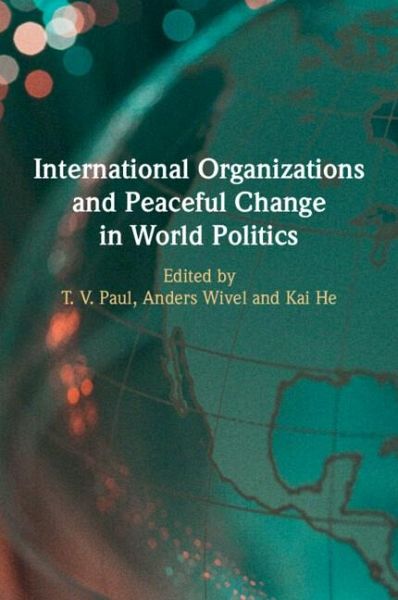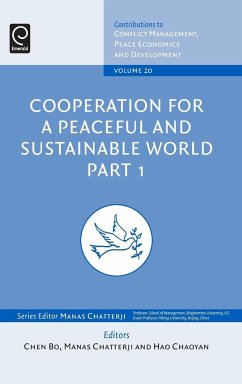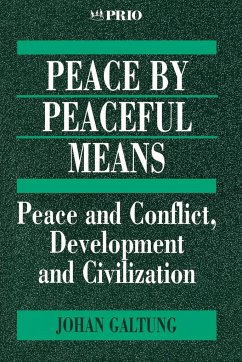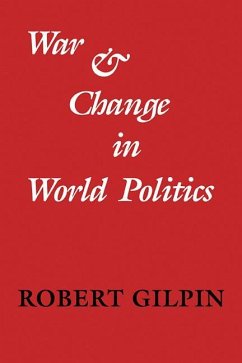
International Organizations and Peaceful Change in World Politics
Versandkostenfrei!
Versandfertig in 1-2 Wochen
38,99 €
inkl. MwSt.

PAYBACK Punkte
19 °P sammeln!
A timely diagnosis of international organizations' ability to contribute to peaceful change featuring suggested 'cures' for their shortcomings. Leading scholars critically scrutinize selected global organizations and provide an invaluable guide for scholars and policymakers interested in IOs and the challenges facing contemporary world order.












